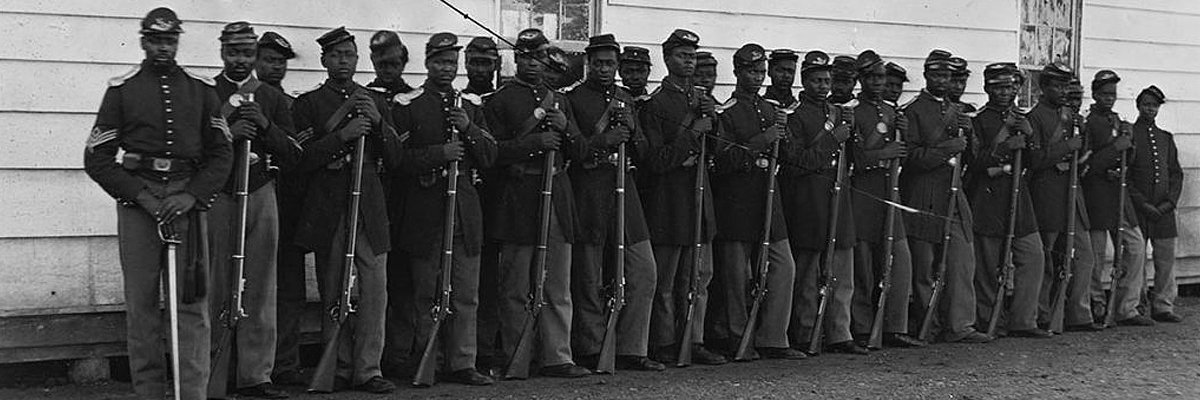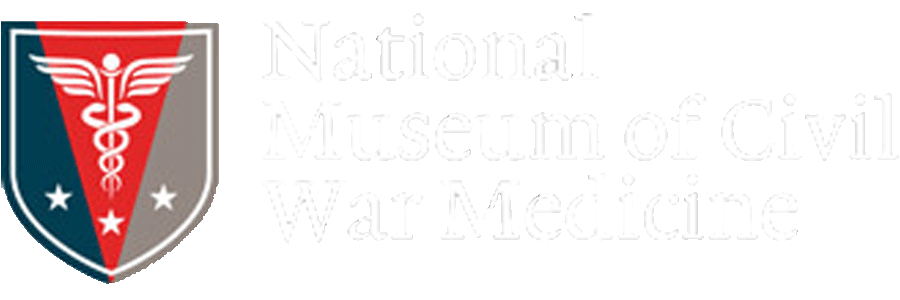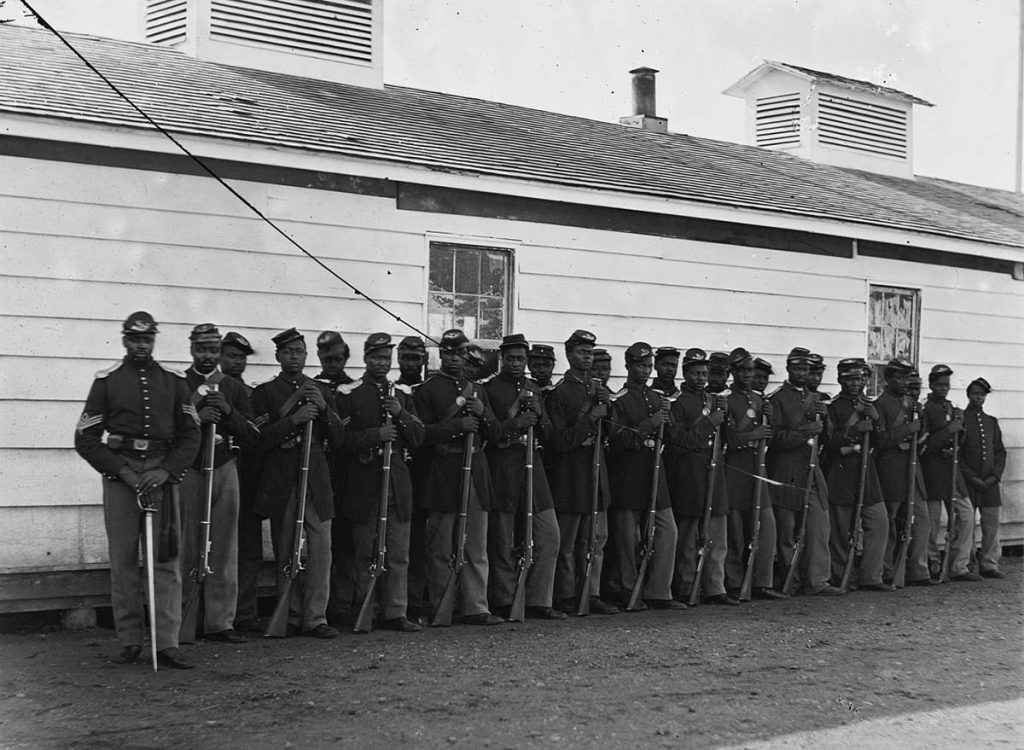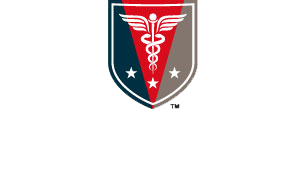
- This event has passed.
The African-American Experience at Monocacy National Battlefield

Discover the remarkable story of small piece of land just south of Frederick, Maryland.
Join us as we welcome Tracy Evans of the National Park Service to the National Museum of Civil War Medicine on Saturday, February 3 at 2:30 PM.
This program introduces the research that has been conducted thus far to discover the connection to African–Americans in the area that now encompass Monocacy National Battlefield. From the time Maryland was a young colony, slavery has been part of its history. Western Maryland became a refuge for escaped slaves who joined with the native peoples. Just post-revolution the area along the Monocacy River south of Frederick became home to a population of at least 90 enslaved individuals, owned by a young French woman who sought her own freedom from the French Revolution and slave rebellions of Saint Domingo. Later enslaved individuals would experience the Battle of Monocacy first hand as they took shelter with the farmers during the battle.
Some found freedom by enlisting at the United States Colored Troops recruiting station at Monocacy Junction and joining the war effort. Much work remains to reveal the complexity of the lives of free and enslaved black men and women in this part of Frederick County, but Evans is excited to share fascinating aspects of their lives that we have discovered.
The program is included with admission to the Museum/FREE for NMCWM members.
Tracy Evans was born and raised in Hagerstown, Maryland, just thirty miles west of Monocacy National Battlefield. She received her Bachelors Degree in History from Frostburg State University, and a Masters Degree in Historical Studies, focusing on American History, from University of Maryland, Baltimore County. Her interests are in Colonial, Civil War, and African American studies. Tracy first came to Monocacy National Battlefield during her undergraduate studies, as an intern. She returned in 1997, as a seasonal park ranger and remains as part of the permanent staff as an interpreter and curator.



